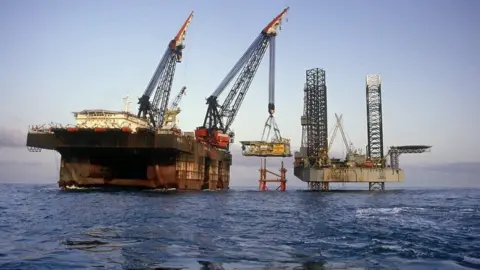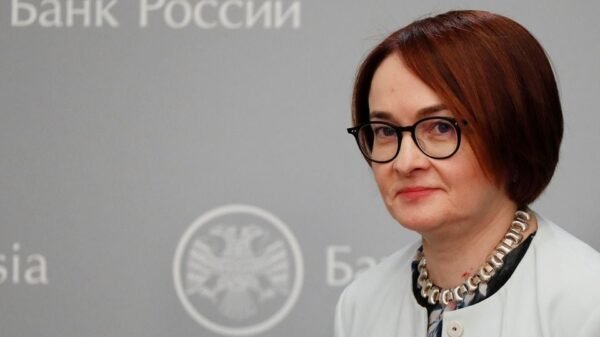Russian Mercenaries in Africa
Russia is reportedly extending a “regime survival package” to African governments in exchange for access to strategically important natural resources, according to internal Russian government documents seen by the BBC. The documents also outline plans to alter mining laws in West Africa, aiming to displace Western companies from an area of strategic importance. This initiative is part of Russia’s process of taking control of the businesses of the Wagner mercenary group, which was disbanded after a failed coup in June 2023. The operations are now primarily managed by the Russian “Expeditionary Corps.”
The leader of the Wagner Group, Yevgeny Prigozhin, died in a plane crash after marching on Moscow, demanding the removal of the defense minister and head of the general staff, effectively threatening President Vladimir Putin. Subsequently, a meeting in the Kremlin decided that Wagner’s Africa operations would fall under the direct control of Russian military intelligence, the GRU, with Gen Andrey Averyanov, head of Unit 29155, specializing in targeting killings and destabilizing foreign governments, taking over.
Gen Averyanov and Deputy Defense Minister Yunus-Bek Yevkurov embarked on a tour of former Wagner operations in Africa in early September. They visited Libya, Burkina Faso, the Central African Republic, and Mali, reassuring Wagner’s partners that Prigozhin’s demise did not end business deals. In Burkina Faso, cooperation was confirmed to continue in the military domain, including training Burkinabe officers in Russia.
The three West African states closely linked to Wagner—Mali, Niger, and Burkina Faso—have experienced military takeovers, leading them to withdraw from the regional bloc Ecowas and form their own “Alliance of Sahel States.” Russia’s military presence benefits these military juntas, enabling them to stay in power, and Mali is now largely dependent on Wagner for internal security.
Reports of human rights abuses involving Wagner forces have surfaced in Africa, adding to the controversies surrounding the group’s operations. The internal Russian memos suggest efforts to replicate the successes achieved in Mali in Niger, focusing on gaining control of West Africa’s uranium mines. The strategic significance lies in potentially exposing Europe to Russian “energy blackmail,” as a significant portion of France’s uranium is imported from Niger.
The Russian narrative frames Western states as fundamentally colonial, exploiting African nations. However, analysts point out the irony that Russia’s approach of isolating regimes, capturing elites, and extracting natural resources is reminiscent of colonial tactics. The “Expeditionary Corps” appears as an evolution of the Wagner Group, operating in the same countries with the same equipment and similar goals. The fundamental change lies in overtly pursuing Russia’s policy without the level of plausible deniability the Wagner Group provides. The “Expeditionary Corps” aims to exacerbate international crises, weaken Western powers, and create a less safe world. The impact may not be immediate but poses a long-term threat to global stability.






































Comment Template